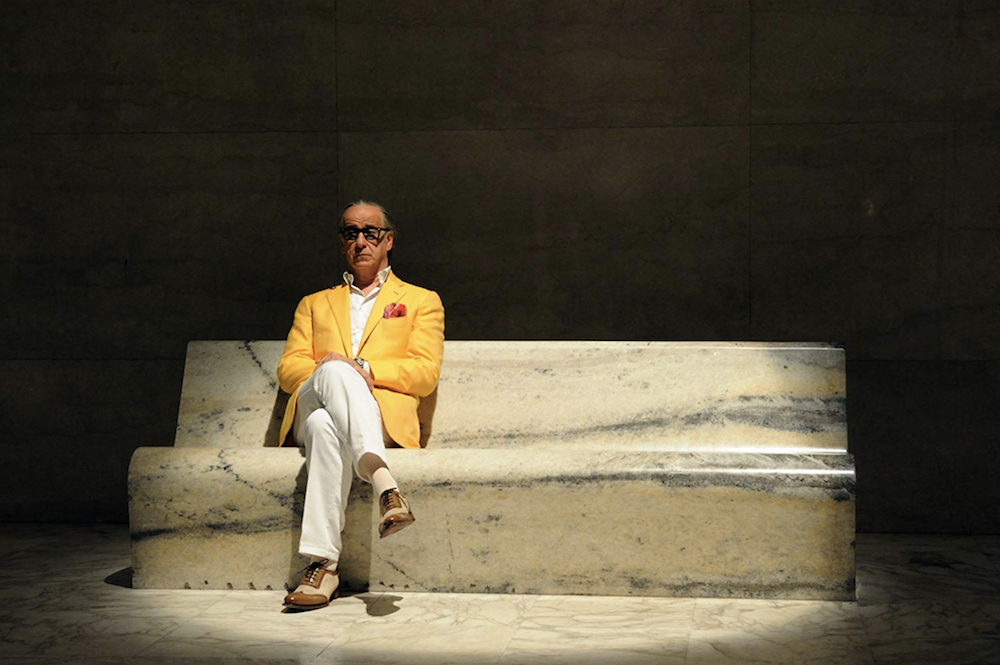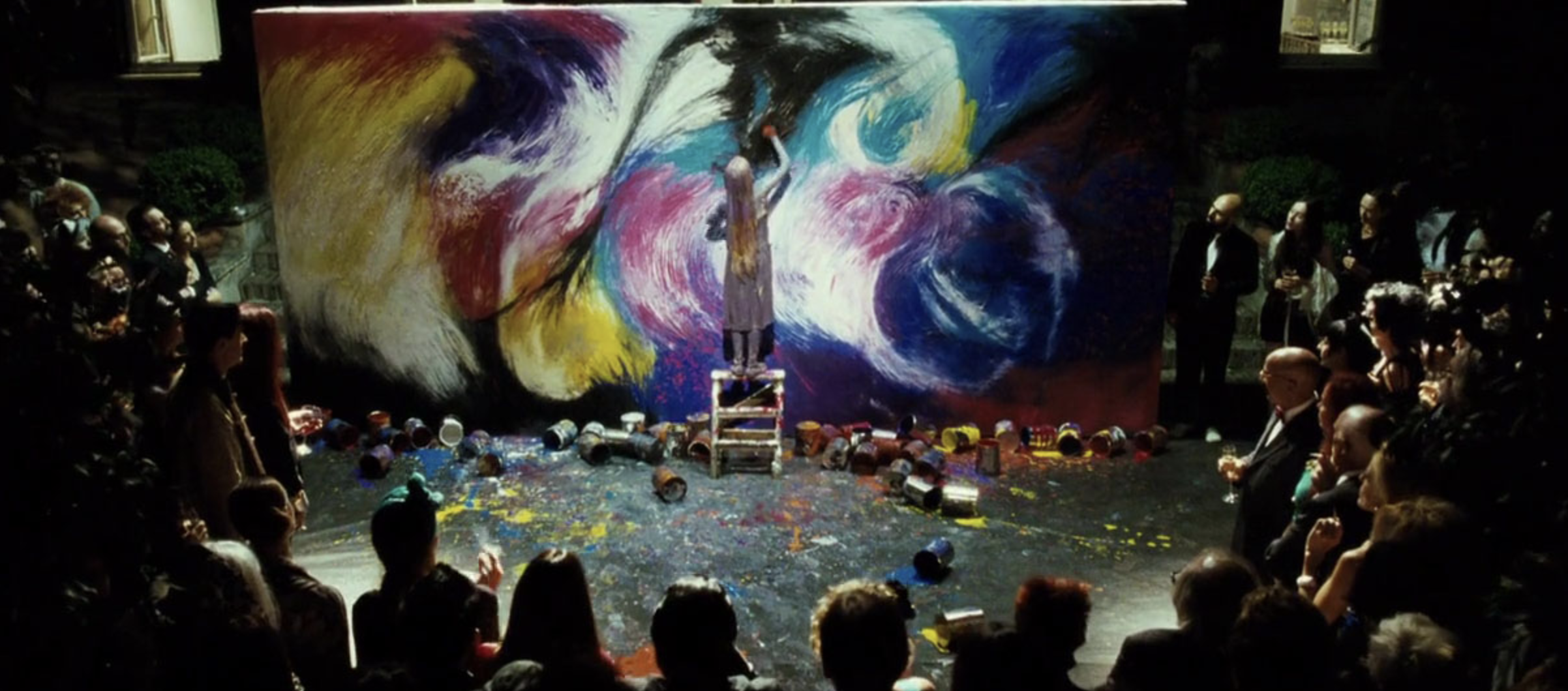THE GREAT BEAUTY: Nostalgia and a Romanticized Past
Rating: 😎 😎 😎 😎 😎 😎 😎 😎
Paolo Sorrentino’s The Great Beauty is art in motion. It’s a technical masterpiece that manages to feel both surreal and real simultaneously. Watching The Great Beauty feels more like watching a dance through subjective time and space rather than viewing a traditionally structured film.
This film is a 142-minute carefully choreographed movement centered on Romanesque ruins, renaissance statues, and contemporary people—namely Jep Gambardella and his troubled social circle.
Something to note upfront: if you don’t like the films of Federico Fellini, you will not like this film.
Specifically, if you don’t like La Dolce Vita or 8 1/2, you won’t like this film.
Also something to note: while this is a fantastic piece of art, this is a cis white male centric film in which women are continuously sexualized, objectified, and at times presented as cliched stereotypes in, all in service of Jep’s story. As an aware (and female) viewer, this problematic gender dynamic is clear from the beginning, but not necessarily played out in the same way other (less aware) directors present women. The female characters are at times one dimensional (i.e., Ramona, Ragazza, Orietta), and at times much more complicated (i.e., Stefania, Santa). Essentially, the women Jep has sex with are just women he has sex with. The other women in the film are multi-faceted people with unique voices and life experiences. Just something to keep in mind while watching.
Now, back to it:
Jep is a famous writer who doesn’t write, save for the odd magazine article to keep himself socially significant. He’s a prominent figure in Rome’s high society because he wrote a novella titled “The Human Apparatus” in his 20s. He hasn’t written a story since. Sorrentino begins Jep’s story on his 65th birthday.
So, why watch this film? Everyone in The Great Beauty is cynical, all the central characters live within carefully constructed lies, and death looms constantly. But you should still watch it. Sorrentino dives deep into Jep’s character by giving us direct subjective access to his life experiences. He uses voice over narration, POV shots, a-temporal vignettes to provide exposition on the protagonist’s past, and a limited range of narration (we know what Jep knows and not much more than that).
Jep is extremely flawed, but he’s tactful and honest about how he navigates the complexities of his social life. This becomes a critical examination of empty extravagance. We are constantly aligned—and trapped—alongside Jep while he wanders from party to party, street to street, night after night. Intermixed with high-end art parties and late-night balcony drinks, we see small but profound encounters Jep has with the essence of his city. These moments are mesmerizing to watch. If beauty truly is in the eye of the beholder, then Jep sees it everywhere in his city. He sees it in the nuns picking fresh oranges, the ancient states, the locked doors, and the ocean he imagines on his ceiling. Sorrentino lingers on these small but powerful moments.
The lure of The Great Beauty lives in the exploration of extremes. Sorrentino uses visual and thematic dichotomies to amplify the surreal nature of Jep’s life. Throughout the film we see vibrant life and death, a wedding and multiple illicit affairs, brutal honesty and self-deception, moving shots of static ancient statues, a disappearing giraffe, and the timeless beauty that surrounds the Roman A-List taste makers whose lives are falling apart around them.
While Jep watches his drunk friends parading in a dance train along his massive balcony, he remarks, “We have the best trains in all of Rome. They go nowhere.” This is the central tension of the film: Jep, his friends, and Rome itself have a past full of promise and a present that never lives up to anyone’s expectations. So, they distract themselves with pointless gossip and gluttonous parties all in the hopes of capturing the feeling of the past once again.
The Great Beauty is not beauty itself. It is an ephemeral, profound moment of desire that ends almost as fast as it started. Jep, his friends, and Rome itself are all fixated on escaping the present. The Great Beauty is over, leaving Rome to struggle with the impossible question of how to run against in forward thrust of time. How to create a train that does not go nowhere, but backwards.
So he writes—for first time in nearly four decades—he re-creates in opposition to his reality by writing about the past. “What’s wrong with feeling nostalgic?” Jep says. “It’s the only distraction left for those who’ve no faith in the future.”




Shelby Dillon is a filmmaker, photographer, and writer based in Minneapolis, Minnesota (yes, it’s cold up north in the winter). Check out her work on http://shelby-dillon.com/ or follow her on Instagram @tellmeitsshelby